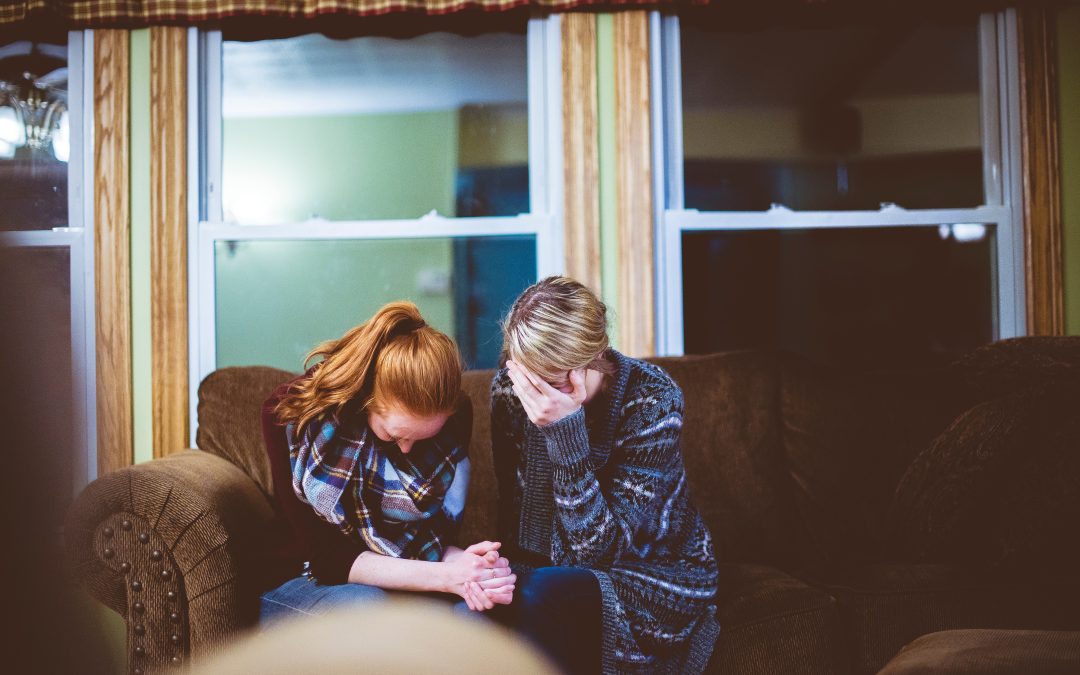The concept of loss is a pervasive part of the human condition. Grief can impact our mental health in many ways, causing feelings of depression and guilt. Many feel as though they’ve lost a part of themselves. Though often associated with losing a loved one, we can also feel this type of loss and go through these stages with losing a job, going through a bad break-up, news of a terminal illness, the loss of a pet, etc. The cycle of grief is not linear, and one can go through the cycle more than once and not in any specific order. People often feel themselves going through a stage several times depending where they are emotionally. Regardless of what background or culture one comes from, this is, unfortunately, something we all experience.
Everyone experiences grief differently. Some may show and vocalize their emotions but others may not and yet still feel it internally. Elisabeth Kubler-Ross introduced the most popular stages of grief with its popular acronym DARBA, in her book On Death and Dying. Read on for a walkthrough of the 5 Stages of Grief one may experience after a loss.
The First Stage: Denial and Isolation
Often times we cannot accept the harsh reality of our loss during the initial shock. This unexpected news can be too much for someone to handle. An example of this could be when someone is notified of a terminal or critical condition. At first, one may begin to believe that this news is incorrect and there must be a mistake in the diagnosis. But as the news becomes more real to the individual, they could become numb with the shock and in turn, choose to isolate themselves.
The Second Stage: Anger
It’s completely normal to feel anger in response to loss, but our society tends to stigmatize this feeling. It’s important to normalize feelings of anger but also essential to address the emotions underneath it. While grieving, one becomes extremely vulnerable and in turn, expresses their pain as anger. During this stage of grief, one’s anger could be directed at anything, strangers, inanimate objects, friends and family, the bearer of bad news or even the deceased loved one.
The Third Stage: Bargaining
In this stage, bargaining and guilt have commonly come hand-in-hand. Those who are grieving begin to replay the loss in their minds, questioning what they could have done to prevent this loss altogether. Many have turned to their religious higher powers to make a deal to remove this pain and guilt they’re going through.
The Fourth Stage: Depression
This source explains that there are two possible types of depression that one may experience while grieving. One is described as a reaction to the effects of the loss, which may involve worrying about costs and burials. The other is described as a more private, subtle depression to prepare for accepting that it is time to say goodbye to our loved one.
The Fifth Stage: Acceptance
The stages of grief are not in any specific order, and the stage of acceptance is not to be mistaken for moving on or forgetting about the loss. This does not mean that an individual will not have any more sad days, but rather will feel the emotions while understanding that they will be okay. This stage is calmer than the others and is not to be confused with depression. Everyone will cope in their unique way at the pace that suits them best to bring normalcy back into their lives.
If you or someone you know is going through these stages of grief, support them with kindness and understanding of what they’re experiencing. Offer support as best you can and encourage them to not isolate. You may also recommend seeking professional help from a grief counselor.


